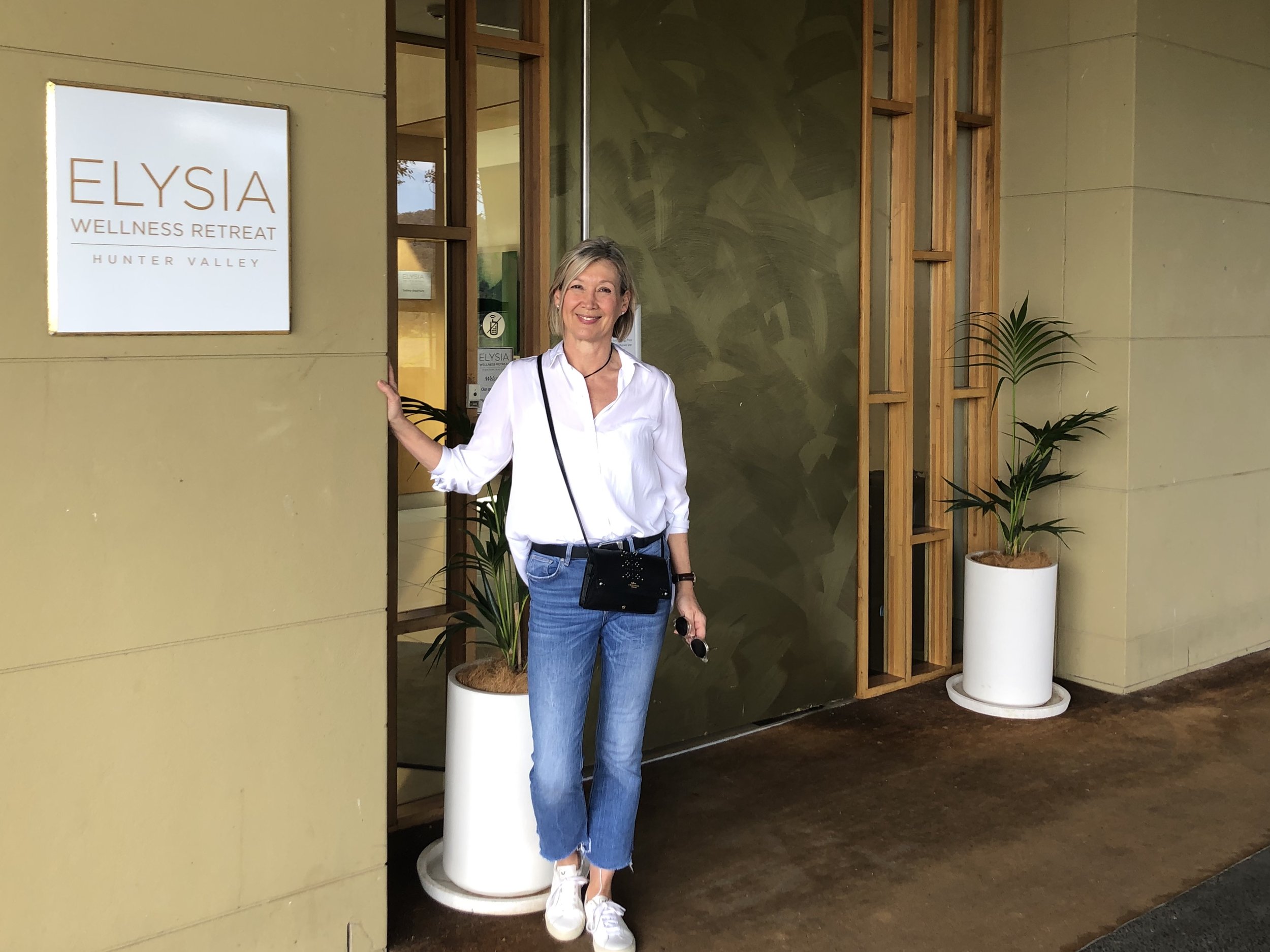I love Jacaranda season in Sydney – it’s absolutely my favourite time. Now the purple pathways are signalling that it’s almost over for another year – one good storm and that’s it for 2024.
Every year it goes so ridiculously fast and (not to sound macabre) it makes me ask myself, how many Jacaranda seasons have I got left? Maybe I’ve got 30, but maybe I’ve only got 10, or 2 or none...
Our time is not unlimited – but we all tend to forget that immutable truth. Forget New Years, it’s Jacaranda time that makes me ask myself the big questions – what do I want? Am I being true to myself? Where could I grow? Could I be more courageous? How do I want to live my life?
So…what does all this have to do with executive coaching?
Coaching is about reflection and growth. It gives you space to consider the smaller, more pragmatic questions and the big ones. It’s powerful because it gives you the opportunity to think about what you really want, and who the best, most authentic, version of you could be. At work and in life.
Memento vivere.
If you’re interested in a coaching program with me in 2025, reach out for a complimentary and obligation free chemistry session to tess@nextcoaching.com.au








